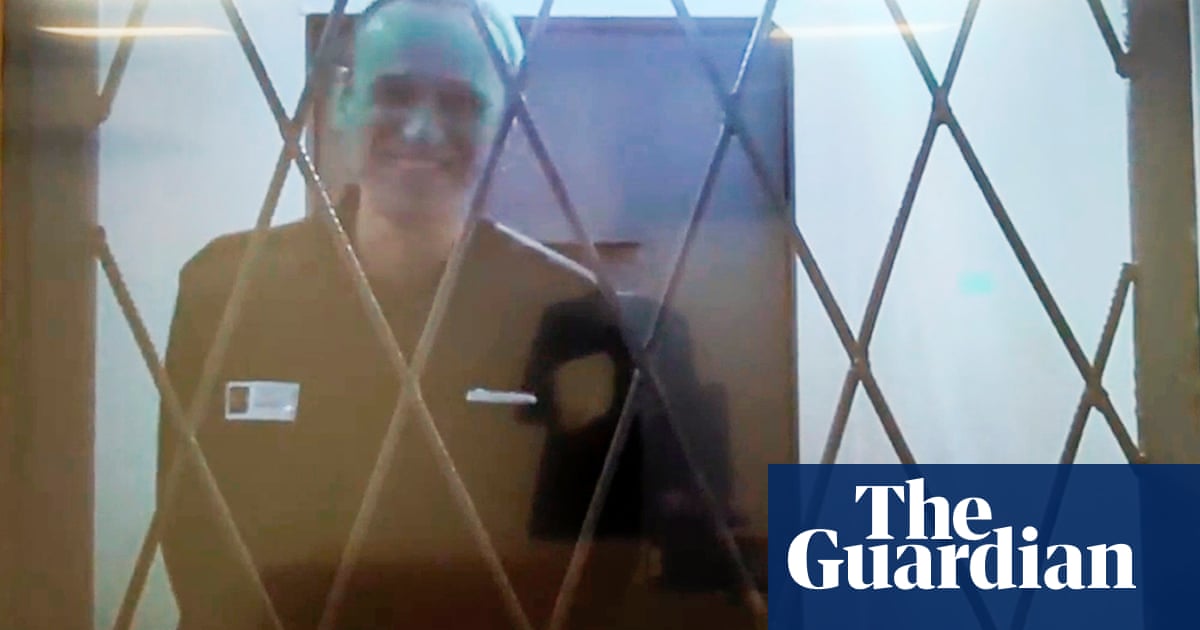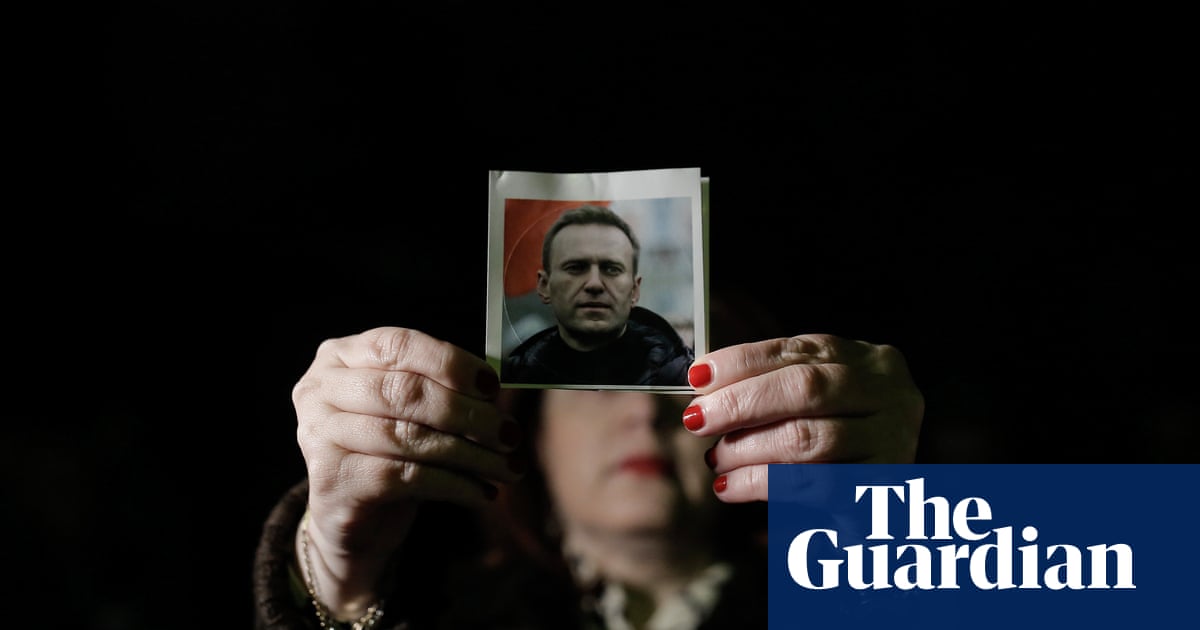
The Russian opposition leader Alexei Navalny has been taken out of an induced coma and is responding to speech, the German hospital treating him has said, as the UK summoned the Russian ambassador to express its concern.
The Charité hospital in Berlin, which has been treating Navalny since 22 August, said his condition was improving and that he was also being weaned off mechanical ventilation.
Navalny fell ill on a flight last month and was treated in a Siberian hospital before being evacuated to Berlin. Germany last week said he had been poisoned with the nerve agent novichok.
In a statement on Monday, the Charité hospital said: “The patient has been removed from his medically induced coma and is being weaned off mechanical ventilation. He is responding to verbal stimuli. It remains too early to gauge the potential long-term effects of his severe poisoning.
“The treating physicians remain in close contact with Mr Navalny’s wife. After consultation with the patient’s wife, Charité is reassured that the decision to make details of the patient’s condition public would be in accordance with his wishes.”
The UK foreign secretary, Dominic Raab, said the Russian ambassador was being summoned over the incident. “It’s completely unacceptable that a banned chemical weapon has been used and Russia must hold a full, transparent investigation,” he said in a statement.
The German chancellor, Angela Merkel, said last week there was “unequivocal evidence” that Navalny, a vocal critic of Vladimir Putin, had been poisoned using the Soviet-era nerve agent.
Western leaders and many Russians have expressed horror at what Navalny’s allies say is the first known use of chemical weapons against a high-profile opposition leader on Russian soil.
The Kremlin has repeatedly denied responsibility, with a spokesperson on Monday denouncing “absurd” attempts to link the poisoning to Putin.
“Attempts to somehow associate Russia with what happened are unacceptable to us, they are absurd,” Dmitry Peskov told journalists.
Russian officials accuse Germany of being slow to share the findings of its investigation despite a request from prosecutors.
“We expect information [from Germany] to be provided in the coming days,” Peskov said. “We are looking forward to it.”
The German government has increased pressure on Moscow to account for the poisoning of Navalny by casting doubt over the future of a major Russian gas pipeline.
The chief spokesman for Merkel reinforced a warning delivered over the weekend by the German foreign minister, Heiko Maas, that Berlin would not rule out sanctions for the $11bn (£8.3bn) Russian-led gas pipeline.
Maas told a local newspaper that he was against ruling out the Nord Stream 2 pipeline when considering means to pressure Russia into answering questions over the Navalny case. “I hope the Russians don’t force us to change our opinion about Nord Stream 2,” Maas said.
Merkel’s spokesman confirmed the chancellor shared the view of the foreign minister, and would not rule out sanctions against the project, just hours before Navalny emerged from the medically induced coma.
German sanctions on Nord Stream 2, which is set to double Russian gas exports to Germany from next year, would deal a potential blow to the project that is almost 90% complete and considered a key pillar of Russia’s energy strategy.
The fresh warning from the chancellor’s office is the clearest indication yet that Germany may impose sanctions on the controversial project. Merkel faces mounting pressure from within the German government to end her support for the project, which is fiercely opposed by many EU states as well as the US government.












